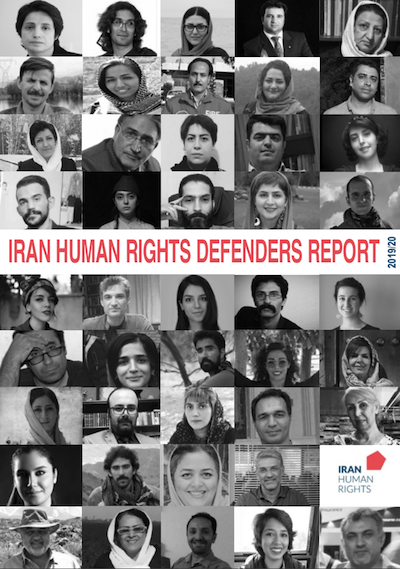
Christian convert Fatemeh (Mary) Mohammadi is among 53 activists featured in a new report highlighting Iran’s repression of human rights defenders.
Together, the 53 lawyers, teachers, and activists for civil, environmental, women’s, worker’s and minority rights have been sentenced to almost 400 years of imprisonment and 800 lashes.
Earlier this year, Mary was sentenced to 91 days in prison and 10 lashes for protesting against Iran’s downing of a Ukrainian passenger plane.
Mary, who has previously spent six months in prison for belonging to a house-church, has also been vocal in her defence of the rights of fellow converts, especially their right to meet together to worship.
Last year, she started a campaign named “KHMA” (from the Persian for “Church is Christians’ Right”), calling for converts to be to allowed to worship in a church.
Most churches in Iran are only allowed to hold services in the ethnic-minority languages of Armenian and Assyrian, while neither they nor the few remaining churches that are allowed to hold services in the national language of Persian are permitted to allow converts to attend.
This has meant that the only available space for Christian converts to gather together to worship are underground house-churches, which remain “underground” only because they have been anathematised by the Iranian regime, with Supreme Leader Ali Khamenei once naming them among the “critical threats” facing the Islamic Republic.
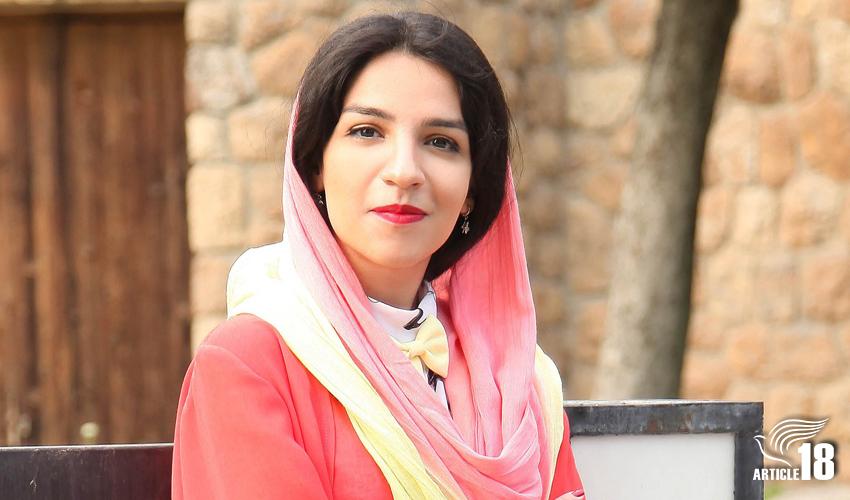
Since those comments, now more than a decade ago, dozens of house-churches across the country have been raided by intelligence agents, and hundreds of Christians have been arrested on charges of “acting against national security”, while many, like Mary, have been imprisoned.
There are currently at least 13 Christians imprisoned on charges related to the peaceful practice of their faith, while two others are now living in internal exile following their release from prison.
The latest raid on Christian homes took place this week in Fardis, west of Tehran, when intelligence agents raided 12 homes in a coordinated operation, confiscating personal belongings including Bibles, Christian literature and anything else to do with Christianity.
“I want to use my campaign to educate people who don’t know that converts are regarded as inferior,” Mary commented last year. “When people talk about women’s rights or against the death penalty, everyone supports them. But every time you talk about Christians’ rights, many people say it’s impossible.”
Who else is featured in the report?
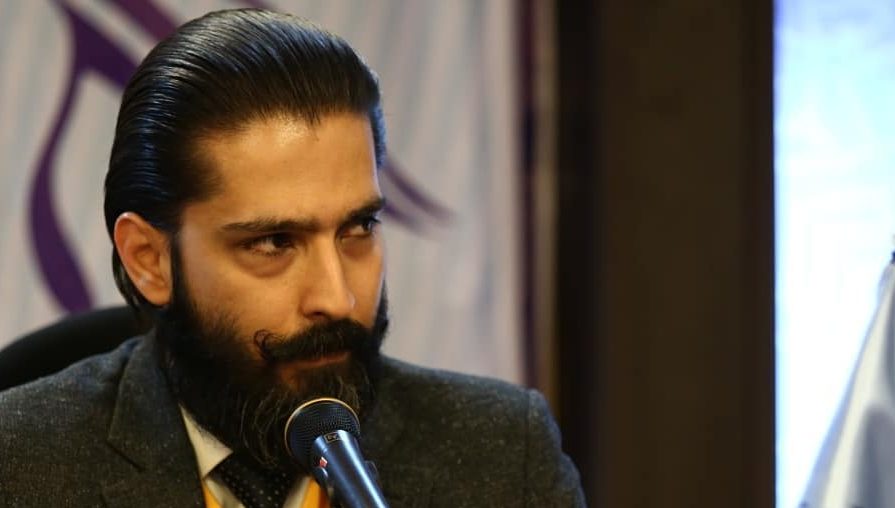
One of four human rights lawyers featured in the report is Amirsalar Davoudi, who has helped a number of Christians in their legal fights, including convert Nasser Navard Gol-Tapeh, alongside whom he is now incarcerated in Tehran’s Evin Prison.
Amirsalar recently helped Nasser with his third appeal for a retrial, which was rejected last week despite a robust defence.
“In house-churches, people read the same books that official Armenian-speaking churches read,” Nasser’s defence stated, “and if we are all equal before the law, it is highly perplexing that I’ve been accused based on the reports by the Ministry of intelligence, when they have no rights of legislation. How could they identify my action as a crime? When the believers in Jesus Christ gather together to read the Bible, one government ministry cannot unilaterally consider that act a crime.”
Amirsalar’s wife, Tannaz, said that for the couple’s young daughter, Ayrin, being separated from her father for the past two years has been “a great sorrow, and harder still is the pain in her eyes as she counts the moments until the next Wednesday prison visit, when she can truly express her feelings to him”.
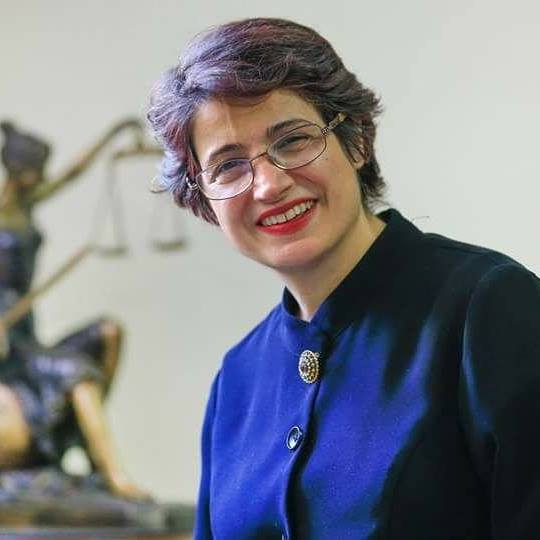
Another of the featured rights lawyers is Nasrin Sotoudeh, who was last week given a short leave from prison because of ill health and has now tested positive for Covid-19.
One of the many charges brought in the case against Nasrin included allegations of helping to form house-churches.
No evidence was brought to substantiate this claim, but fellow lawyer Mohammad Hossein Aghasi explained to Radio Farda last year that, even were there evidence, there is nothing within Iran’s Penal Code prohibiting people from forming house-churches, “let alone assisting others in doing so”.
Another of the activists featured in the report is Narges Mohammadi, who recently released a book about the “white torture” she and a dozen other female political prisoners, including Mary Mohammadi, had experienced during their detention.

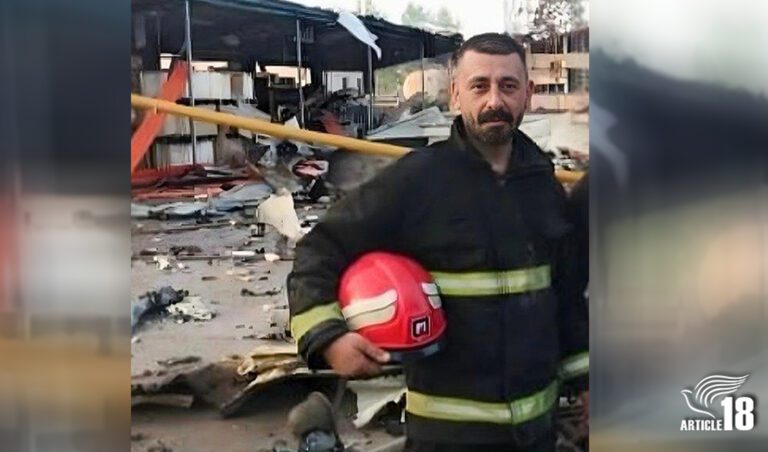
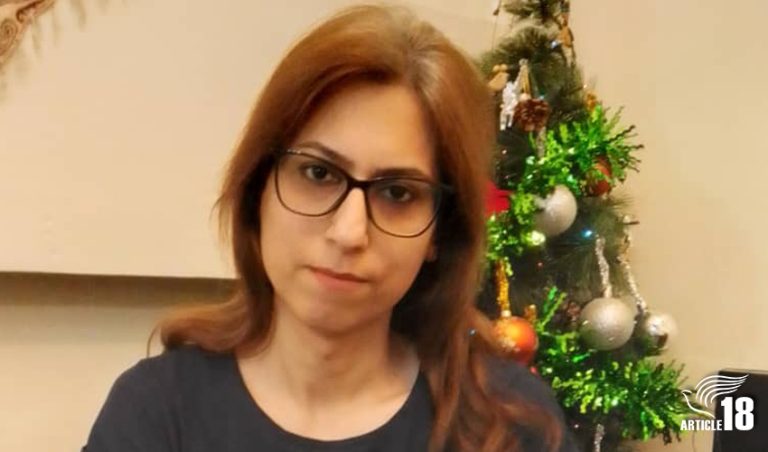
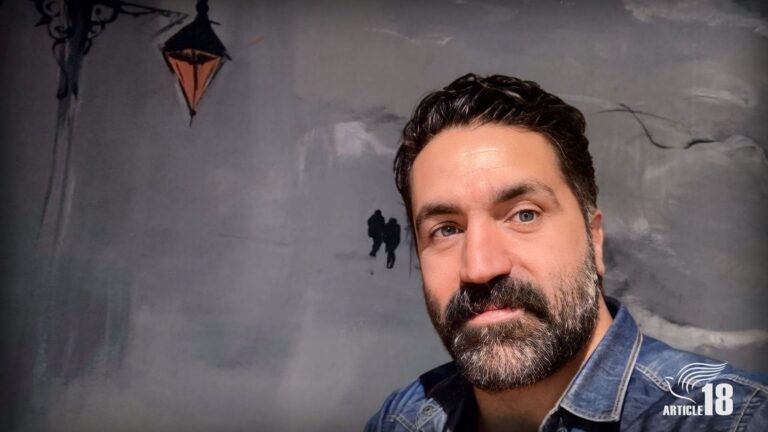
0 Comments
Trackbacks/Pingbacks